MidCareer Faculty Research Award
The MidCareer Faculty Research Awards represent a critical investment in the future of CLA. With this fund, the College recognizes and invests in the next generation of faculty who are poised to lead CLA as it pursues greater heights of excellence and who are engaging in new lines of research and creative activity that will shape their fields and the intersection of fields.
2023-2024 Awardees
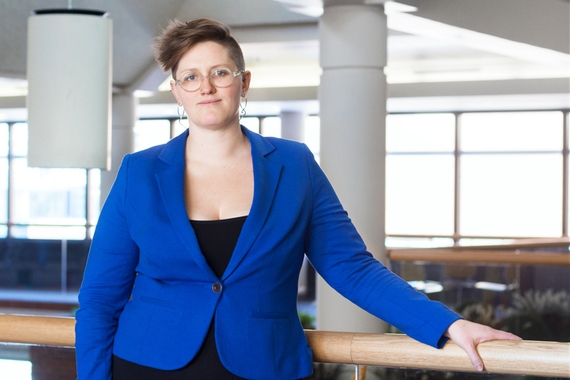
Associate Professor | Anthropology | Erin Durban's profile
Enabling Ethnography: Towards Anti-Ableist Knowledge Production
The traditional model of ethnographic fieldwork relies on hypermobile researchers negotiating their informants’ immobilities, a residue of the interrelated white, colonial, masculinist, and ableist design of anthropology. “Enabling Ethnography” argues that a greater diversity of researcher bodyminds enhances ethnographic inquiry and analysis for interdisciplinary scholarship. Developed from two research projects—one an experiment in anti-ableist research design about universities and racial inequality, the other an oral history project with disabled ethnographers—this project makes a significant methodological contribution in terms of thinking through the details of disability accessibility and collective access in ethnographic fieldwork.
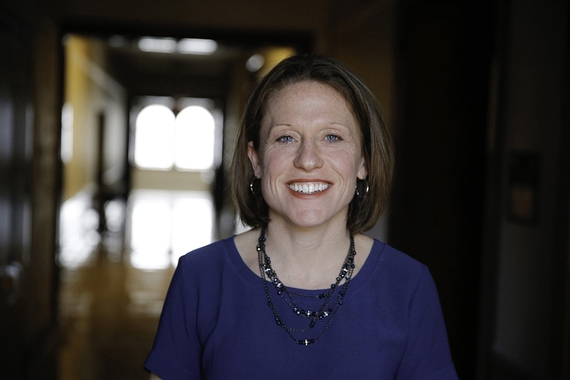
Associate Professor | Speech-Language-Hearing Sciences | Kerry Ebert's profile
Effects of systematic client feedback in children’s speech-language treatment
Clinician-client relationships exert a powerful influence on treatment outcomes in many fields, including speech-language pathology. One promising method of strengthening clinician-client relationships, and subsequent treatment outcomes, is through systematic client feedback during treatment. The proposed study would establish the feasibility and preliminary efficacy of systematic client feedback in speech-language treatment for school-age children. The study will enroll 40 children (aged 5-10 years) receiving speech-language treatment, along with their treating clinician and a caregiver. Participants will be randomized to experimental or control conditions. Children and caregivers will complete weekly brief clinician-client relationship ratings. In the experimental condition, clinicians will receive this feedback immediately; in the control condition, feedback will be delayed. After three months, treatment progress will be captured. The study will establish methodological feasibility for a large-scale trial as well as an effect size for systematic client feedback in speech-language treatment, providing the foundation for a successful NIH funding application.
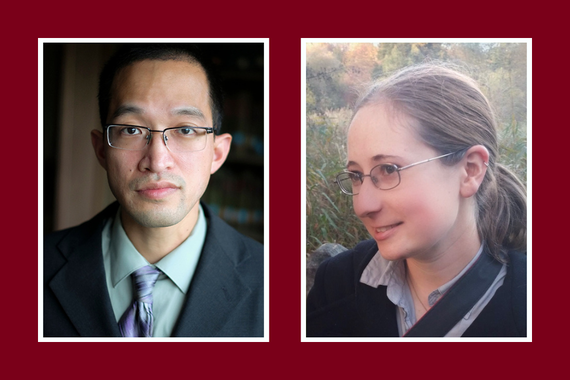
Associate Professors | Psychology | James Lee's profile | Emily Willoughby's profile
Genome-wide association study of cognitive aging, reaction time, and brain size in the UK Biobank
Our principal aim is to report genome-wide significant SNP-based associations in a GWAS of reaction time (N ≈ 500,000), brain volume, cognitive ability, and cognitive-aging phenotypes such as dementia to assess the overlap in SNP-based associations common to these measures. Biological annotation will then be conducted to highlight the mechanisms associated with reaction time and these related cognitive phenotypes. Our ancillary aim is to examine genetic correlations and construct polygenic scores to assess the risk of slow processing speed in a variety of traits and disorders relevant to reaction time, particularly Alzheimer’s and other forms of dementia.
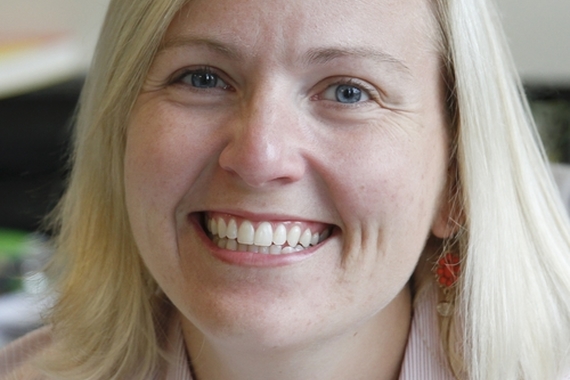
Associate Professor | Spanish & Portuguese Studies | Mandy Menke profile
Student Language Use in Critical Approaches to Language Education
Critical approaches to language education are at the fore in the 21st century. These approaches develop learners’ language proficiency, engage them deeply with cultural content, and empower them to question how language and culture embody, maintain, and challenge structural inequalities and biases. Yet language teachers question whether such approaches provide sufficient opportunities for students to develop oral proficiency and linguistic accuracy. The current project investigates student language use during instruction grounded in critical pedagogies and through both discourse and fine-grained syntactic analysis, it will characterize student language patterns both quantitatively and qualitatively. Through the systematic observation and analysis of classroom language practices, findings will confirm, nuance, or possibly even correct perceptions and characterizations of critical approaches to language education by both teachers and scholars. The project consequently will inform classroom practice, teacher professional development, and current understandings of instructed language acquisition.
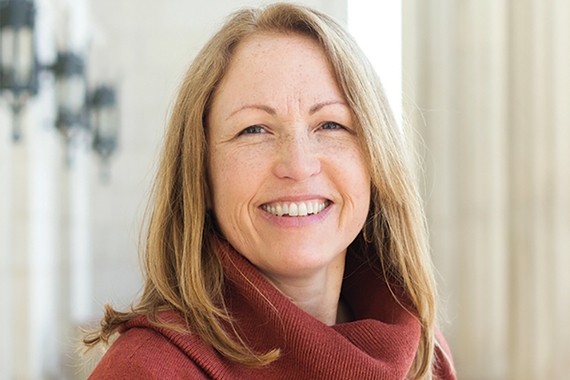
Associate Professor | Classical and Near Eastern Religions and Cultures | Patricia Ahearne-Kroll's profile
Commentary on Aseneth: A Study of Three Greek Texts and The Book History of Their Respective Codices
Many scholars depend upon analyzing “reconstructed texts” to describe Jewish and Christian experience in the ancient Mediterranean world. These hypothetical texts are created from individual copies of a text, and most copies are preserved in later codices. The copies, however, oftentimes are not exact replicas of each other, but scholars persist in identifying what they call the earliest version of the text, and their analysis focuses on that reconstructed text in their historical work. My scholarship has been exposing the inherent problems of this approach for studying Pseudepigrapha, a classification of literature related to biblical texts. My first book Aseneth of Egypt critiqued scholarly dependence on reconstructed texts, and my new commentary (under contract) will transcribe, translate, and discuss three distinct Greek texts of the story Aseneth and will analyze each within the history of its respective codices. My unprecedented approach will hopefully force more transparency in my discipline.
2022-2023 Awardees
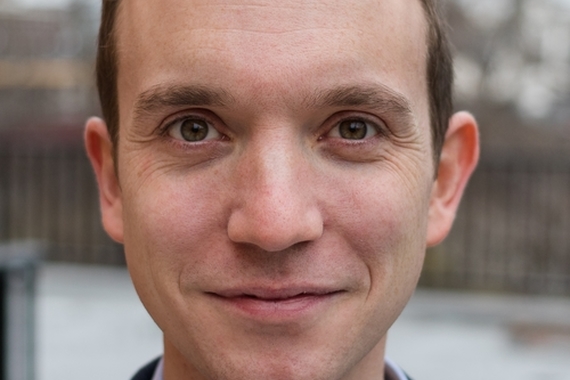
Associate Professor | Political Science | Mark Bell's profile
The Stability of Nuclear Thinking
This book project examines the way in which the United States has organized its nuclear arsenal and thinks about the utility of its nuclear weapons. It provides a) a theoretical account of the circumstances in which states shift the role nuclear weapons play in their grand strategy; b) provides a novel history of U.S. nuclear thinking and posture drawing on multi-archival research and policymaker interviews; c) illustrates the connections between U.S. nuclear policy and broader U.S. foreign policy goals, demonstrating the extent to which they are interconnected; d) places U.S. nuclear thinking in a comparative context, demonstrating and explaining the distinctiveness of U.S. nuclear thinking.
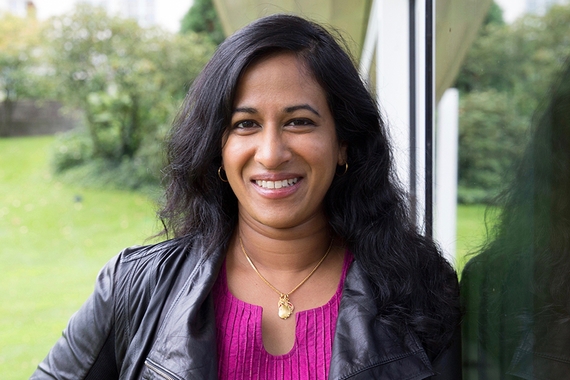
Associate Professor | English | VV Ganeshananthan's profile
The Missing Are Considered Dead
The Missing Are Considered Dead will be a hybrid-genre collection of work connected to questions of justice and mourning in the wake of Sri Lanka's quarter-century-long civil war. The collection will explore forms suited to post-war Sri Lankan civil society’s inventive strategies of coded and collective storytelling, which offer an evolving, subversive reply to the brutal crushing of dissent and the dissemination of fascist propaganda from the majority Sinhala-dominated Sri Lankan state and separatist minority Tamil militants. With this project, the range of my work to interweave fiction, nonfiction, and poetry will be expanded. I aim to reclaim and rename some of the histories erased by the war and its aftermath, while also documenting individual and community responses to surveillance, censorship, and militarization.
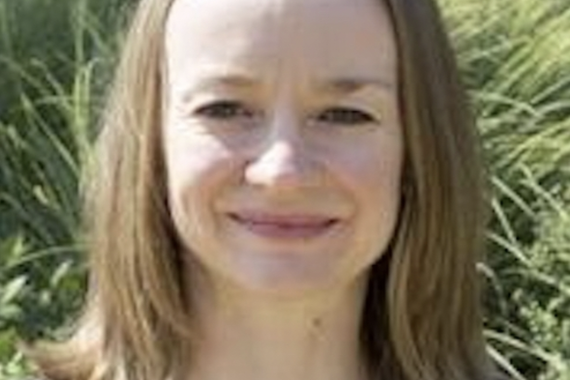
Associate Professor | Communication Studies | Kate Lockwood Harris' profile
Transforming Traumatized Organizations: A Relational Approach to Disorganizing Systemic Violence
Research demonstrates that people can resolve personal and collective traumas, and organizations can support people in that process. Even so, scholars rarely consider how organizations themselves experience trauma and can transform it. This book project, Transforming Traumatized Organizations, takes up that work. Using feminist new materialist theory, it shows that abusive patterns characteristic of relationships when one or both people have unresolved trauma also appear in organizational practices. Said differently, unresolved trauma gets built into organizational processes. As that happens, organizations perpetuate white supremacy, misogyny, anti-queerness, and related violence. To build this argument, each book chapter focuses on one common response to trauma, for example freezing, perfectionism, or avoidance of uncertainty. I show not only how each one manifests in organizational processes, but also how organizations can shift these patterns. Using higher education as a case study, I detail principles for creating more fully relational, trauma-informed organizations across sectors.
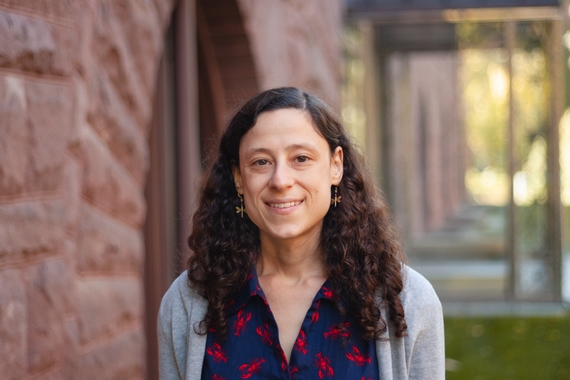
Associate Professor | Cultural Studies & Comparative Literature | Maggie Hennefeld's profile
Twenty-First Century Silent Film Culture
Twenty-First Century Silent Film Culture tracks the global resurgence and energetic proliferation of silent film community and spectatorship amid the renaissance of archival rediscoveries, digitization of inaccessible celluloid prints, and rapidly transforming audience demographics. Open-ended, in-person interviews with participants at a range of silent film events will be conducted. Close readings of restored films with excerpts from these interviews, feminist data analysis, and theorization of the curatorial logics that shape silent film culture today will be interwoven. Beyond the publication of a book, this project will also involve local and international silent film curating via The Twin Cities Silent Film Project (sponsored by the IAS Imagine Fund), Ritrovato in Minneapolis, and Giornate del Cinema Muto. I am committed to democratizing access to silent film through screenings with live music and public, educational components that explore the radical politics, social experimentation, and surreal imagination of silent-era filmmaking and its resonances today.
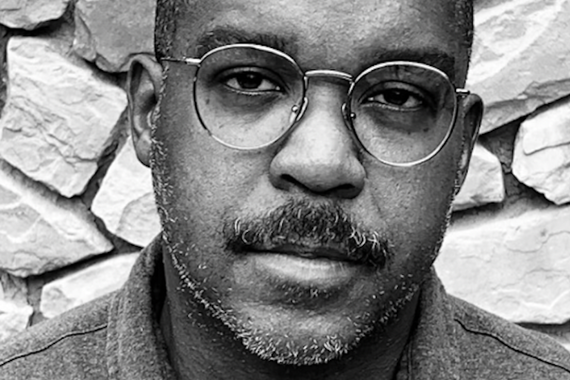
Associate Professor | Art | Lamar Peterson's profile
Seeing The Invisible
In 2017 I received a Grant-in-Aid award for a project called Painted Lady. It had its roots in a historical artifact, an original self-portrait of an unknown African-American woman, circa 1950, found on eBay. It served as the genesis for a series of large-scale paintings intended to provoke questions of the American future by reconsidering the past in light of the (then) political present. My current project is an extension of the former in that it involves gathering images and narratives of unknown/unsung Black painters, seeking to explore the generational connection of art and how it was an important means of expression, despite those works being largely unseen. This project involves visits to locations where Black artists are known locally, but not widely, including interviewing people, doing sketches of the artists’ works and surroundings, and finally completing my own body of artwork inspired by theirs.